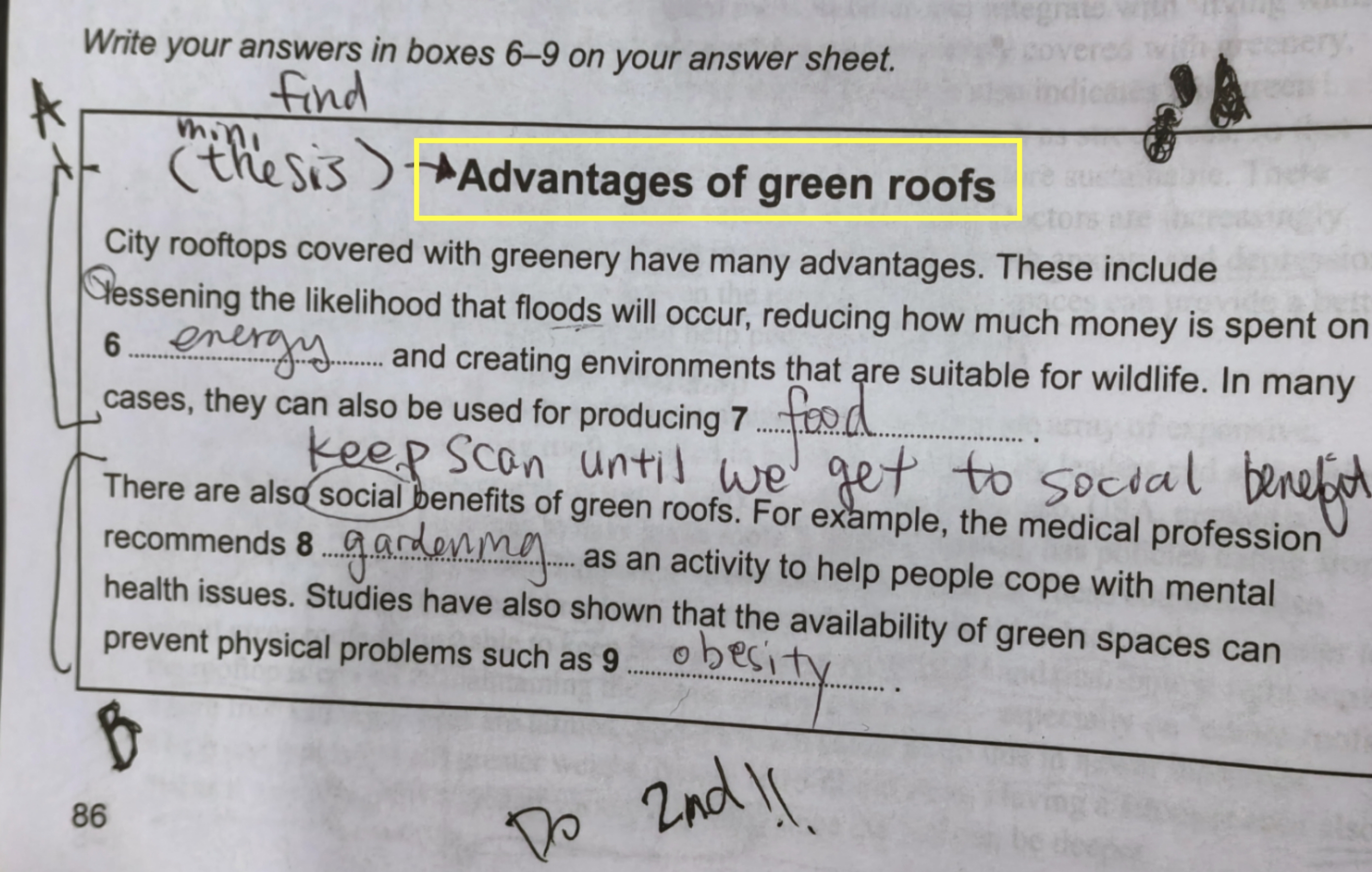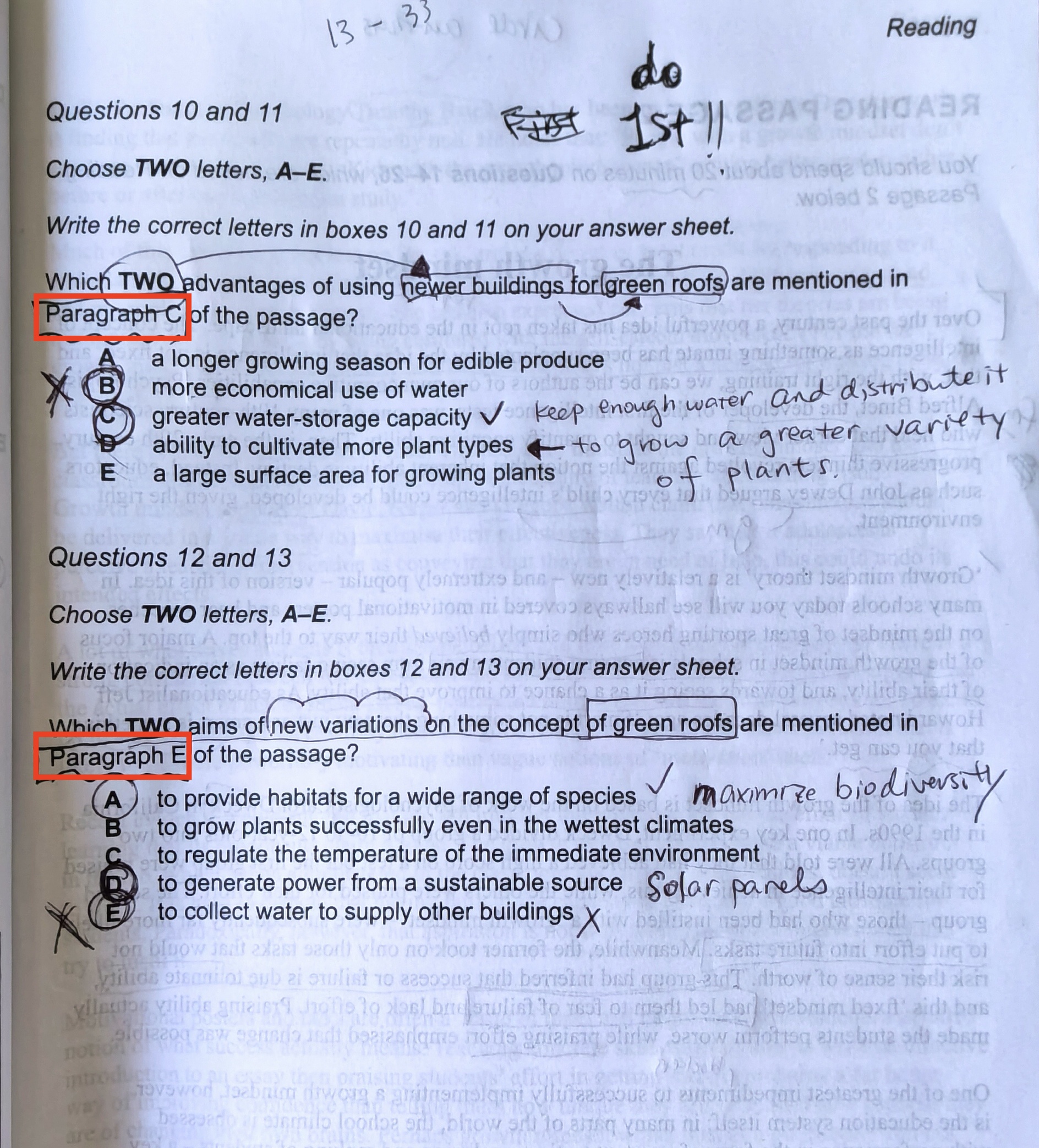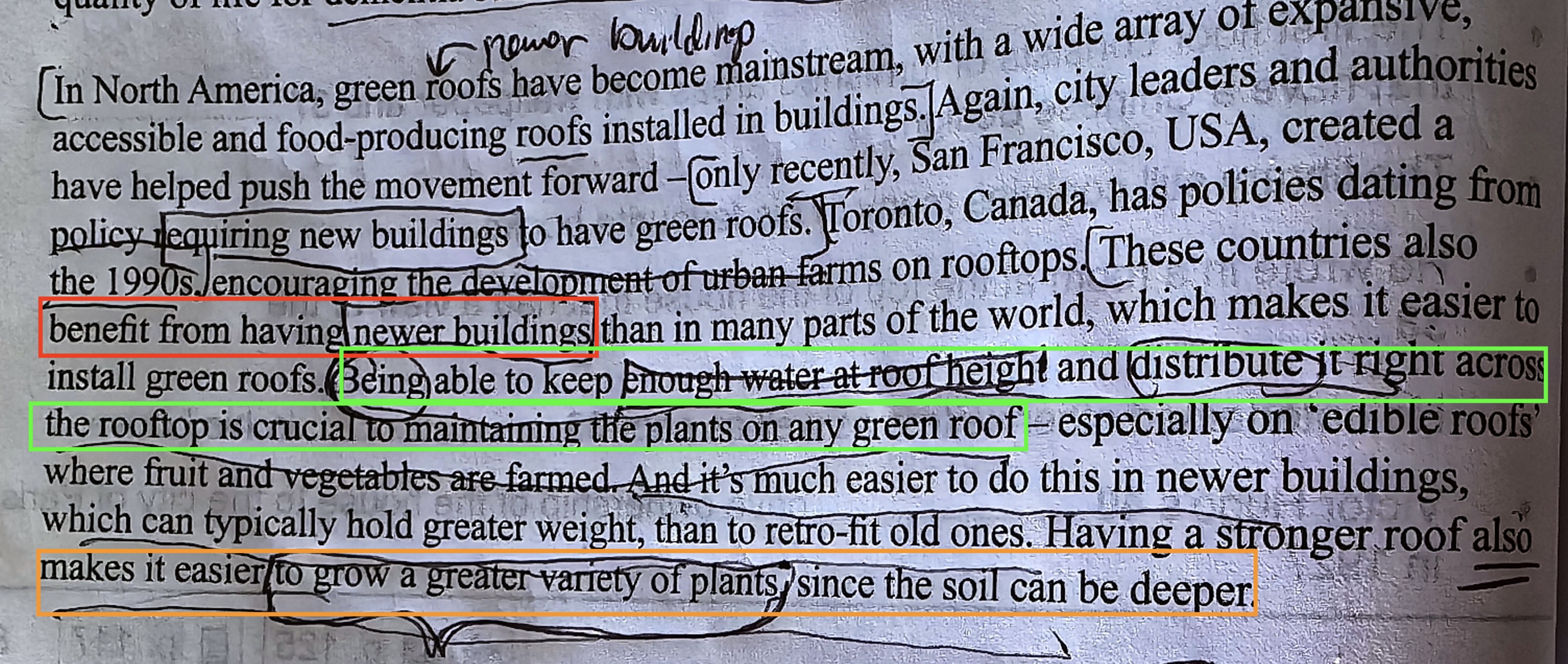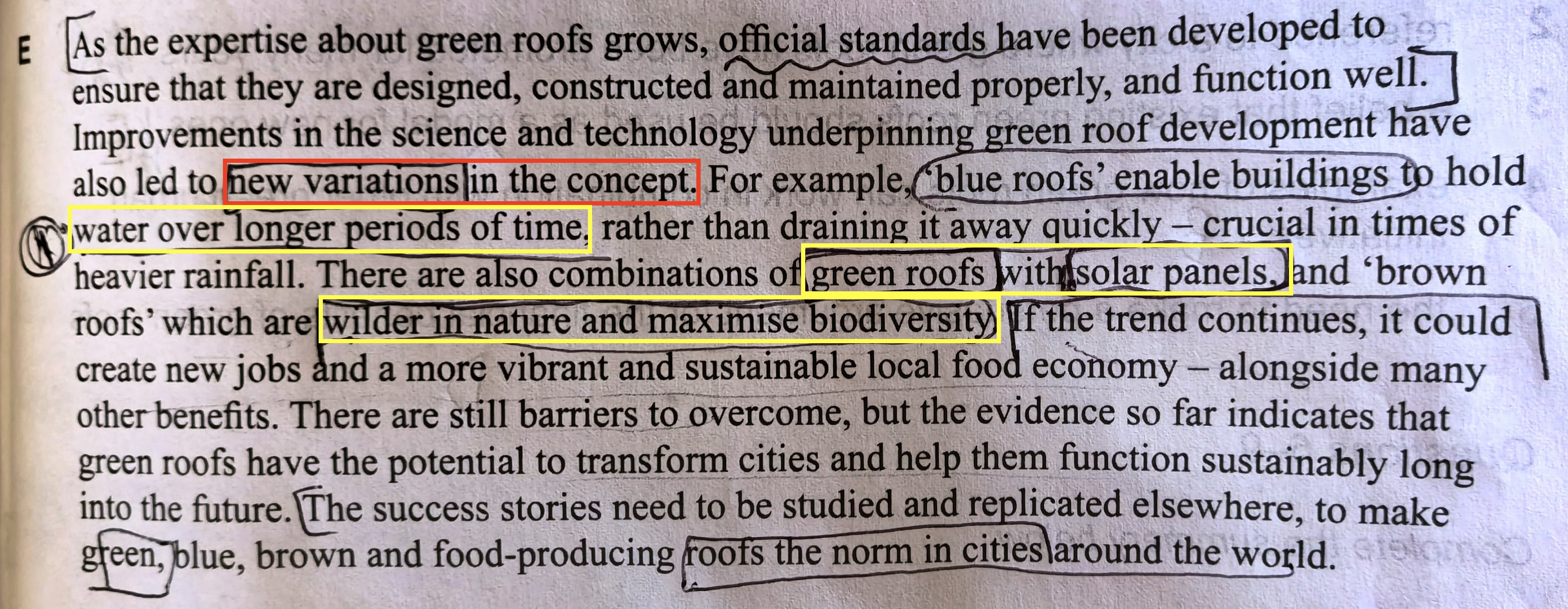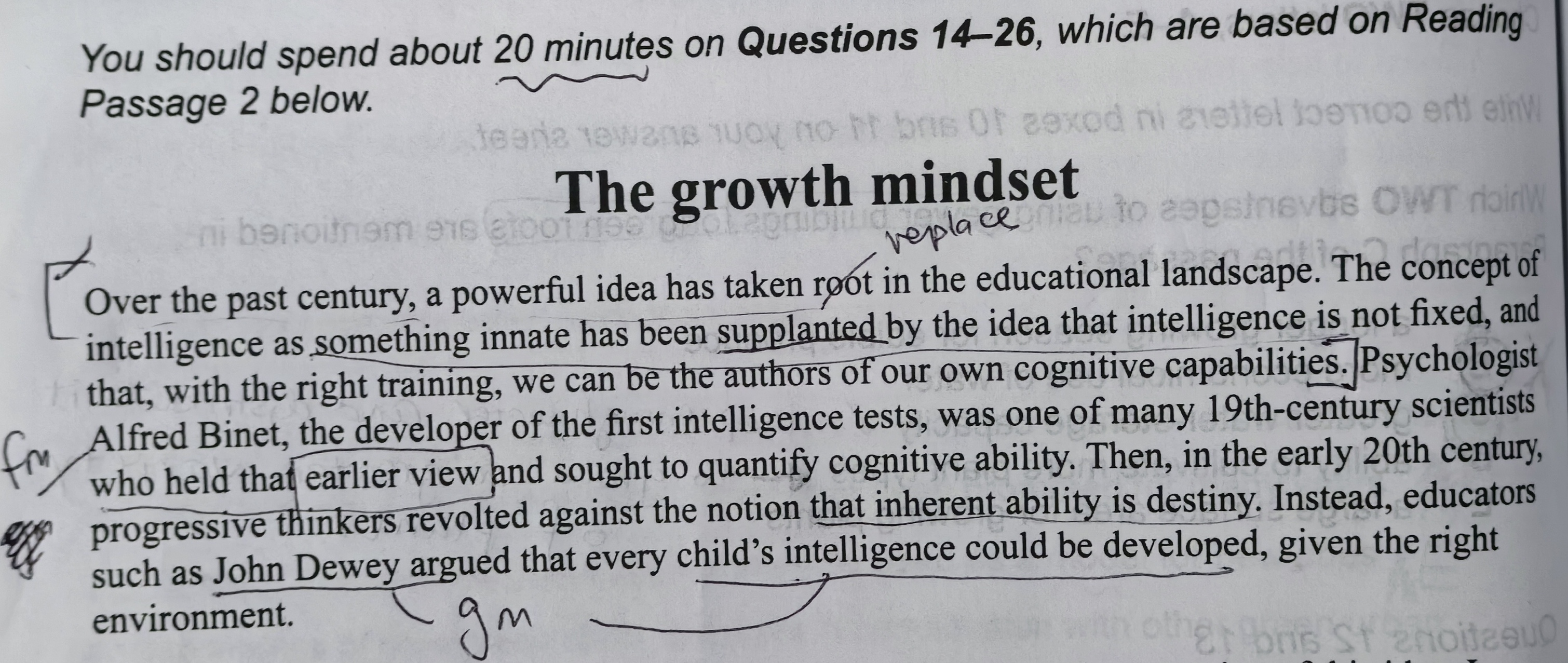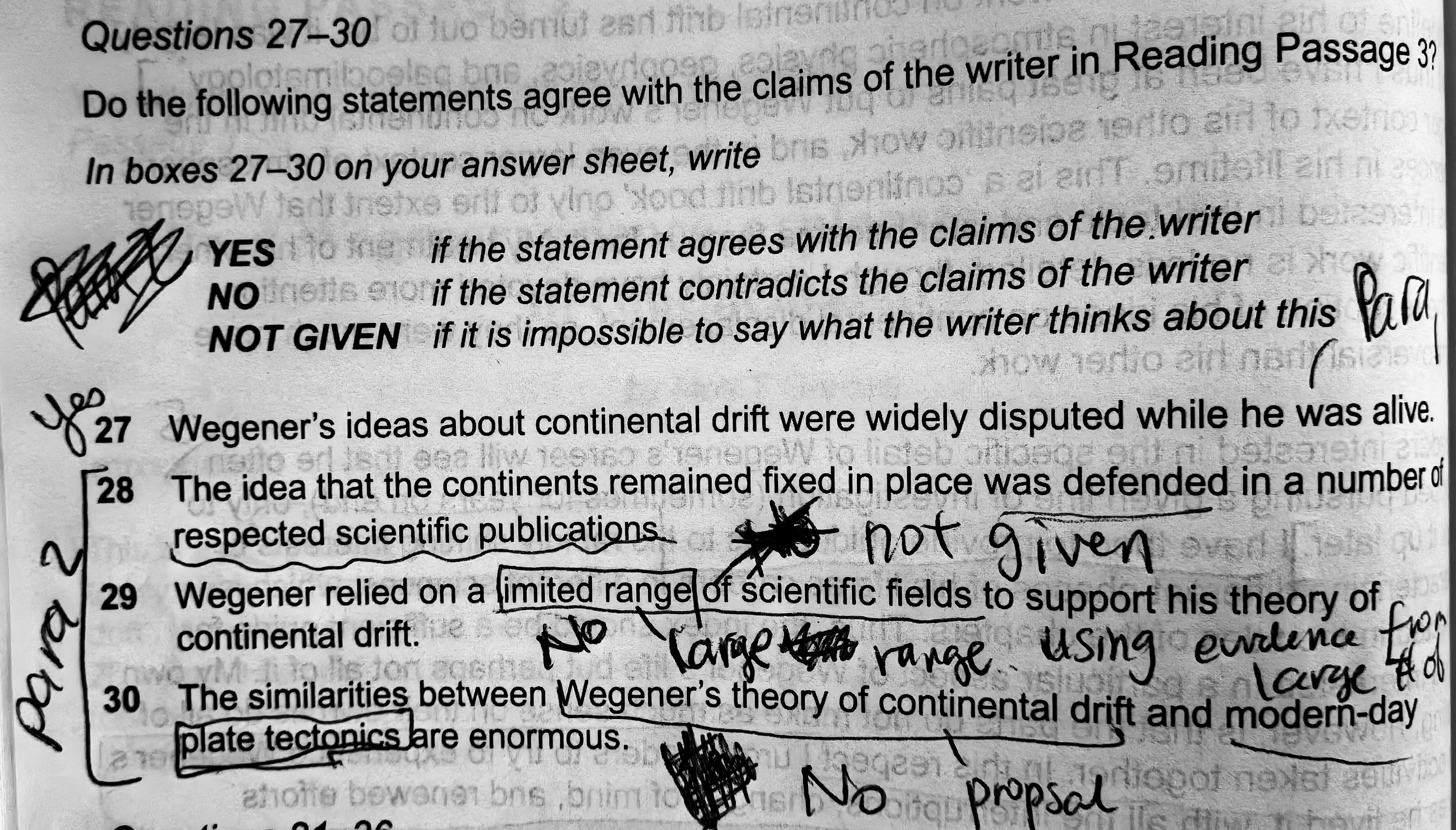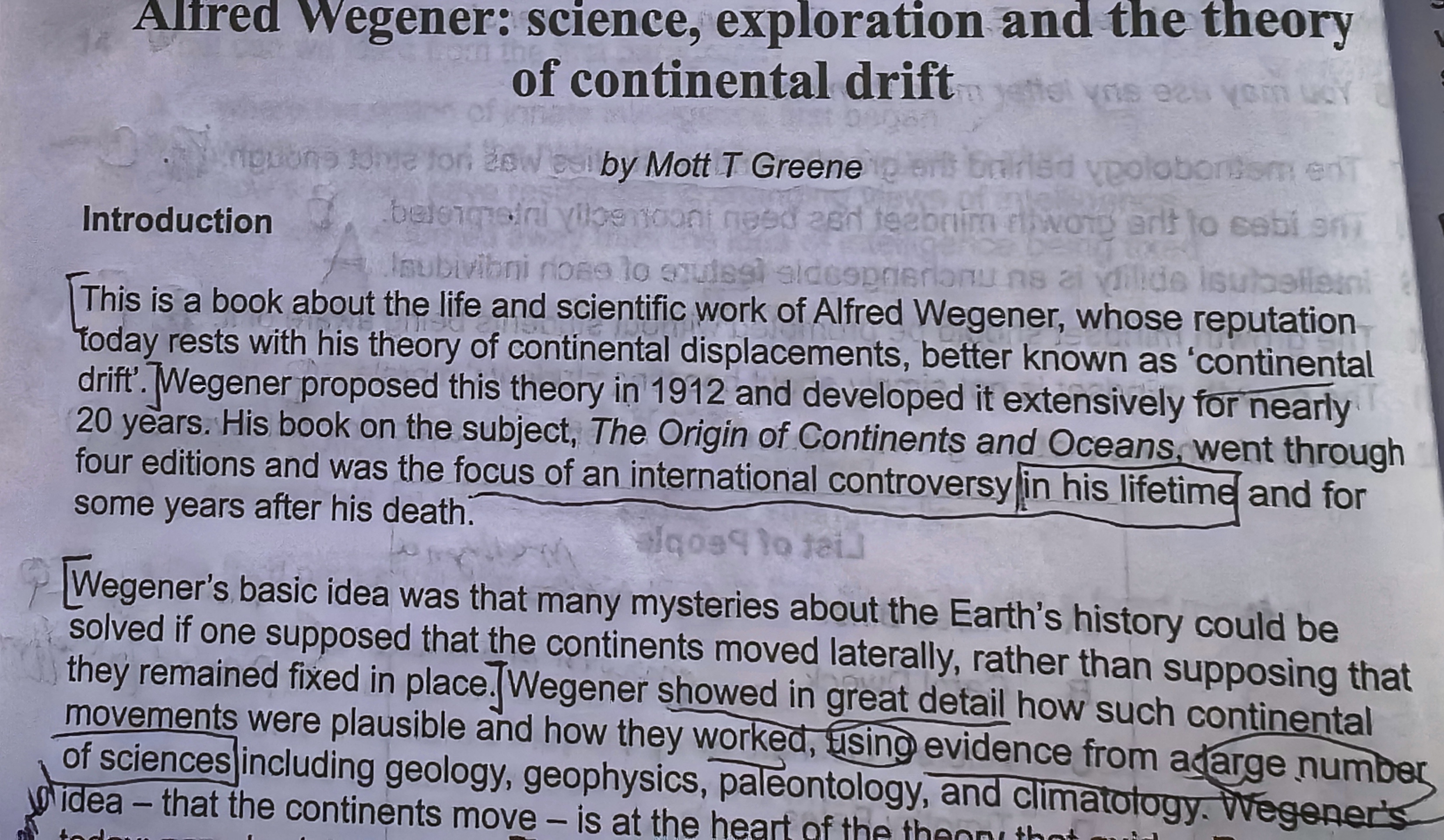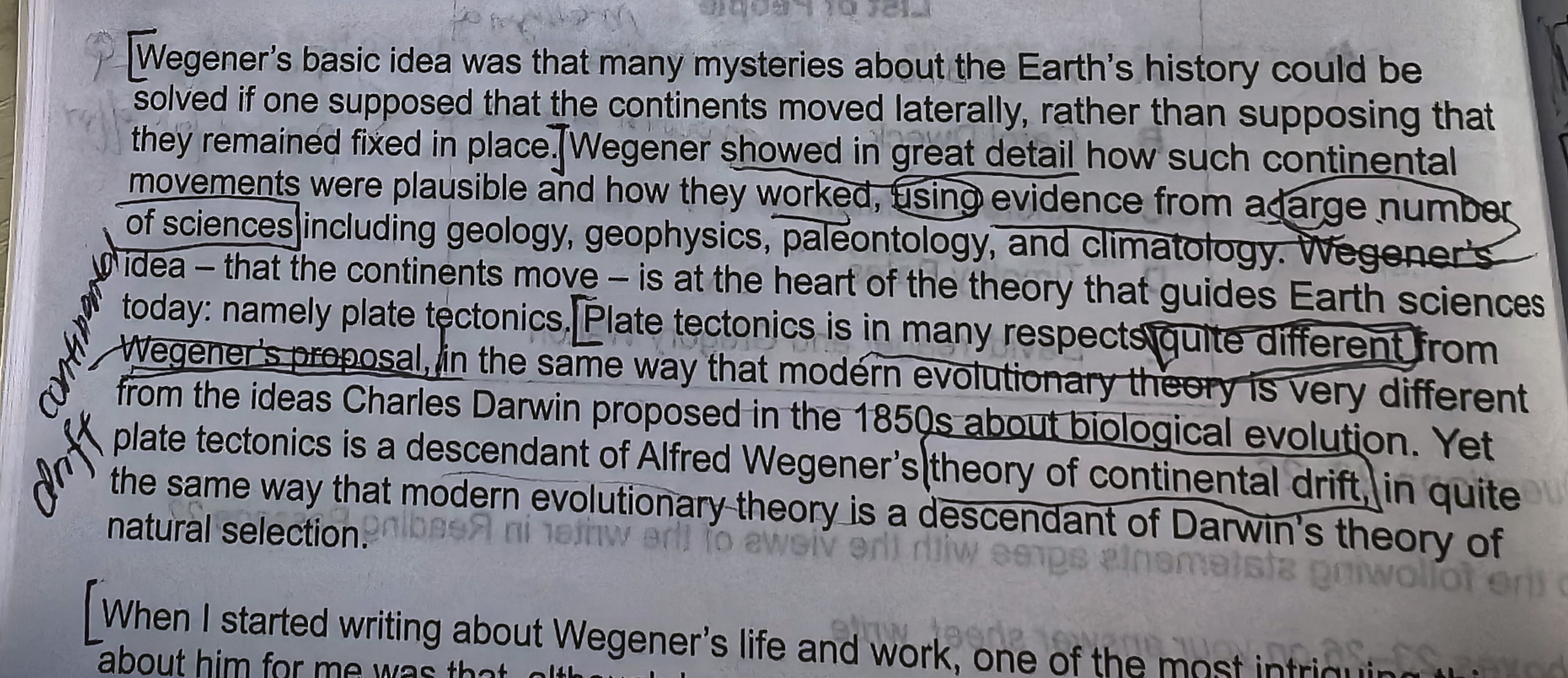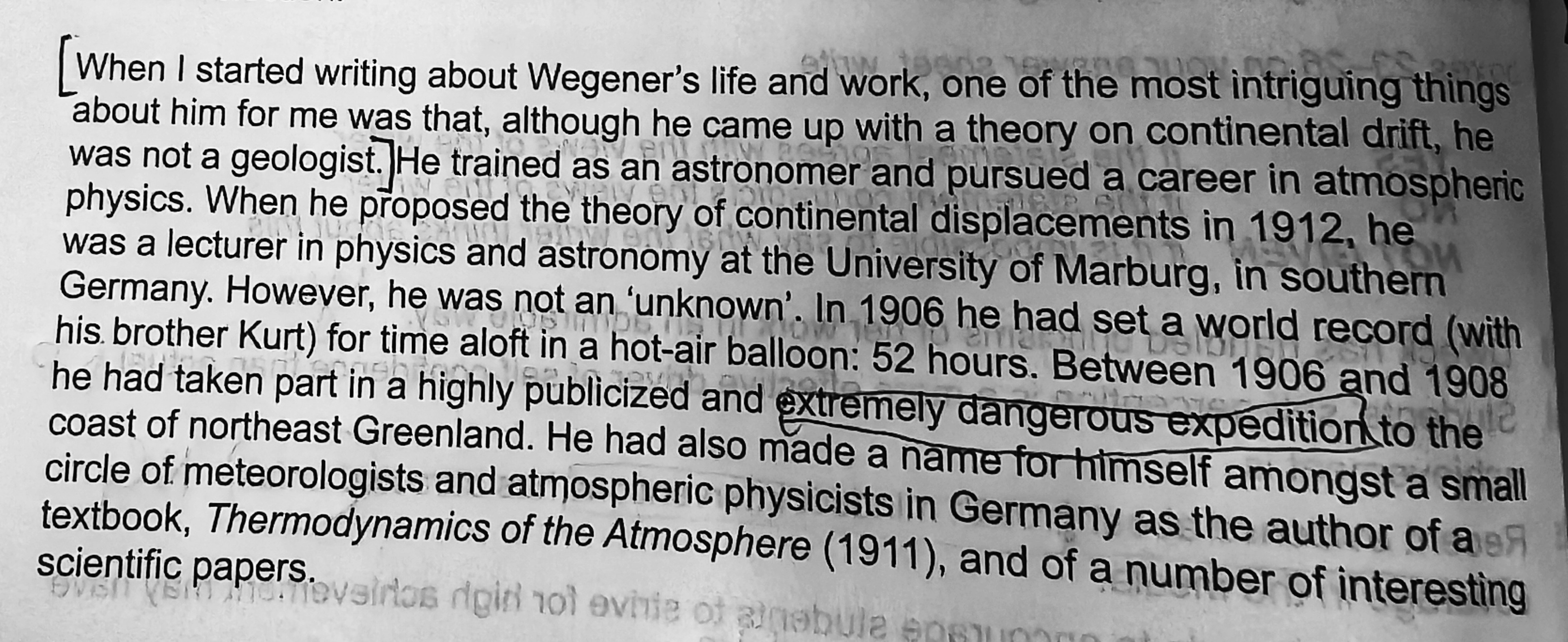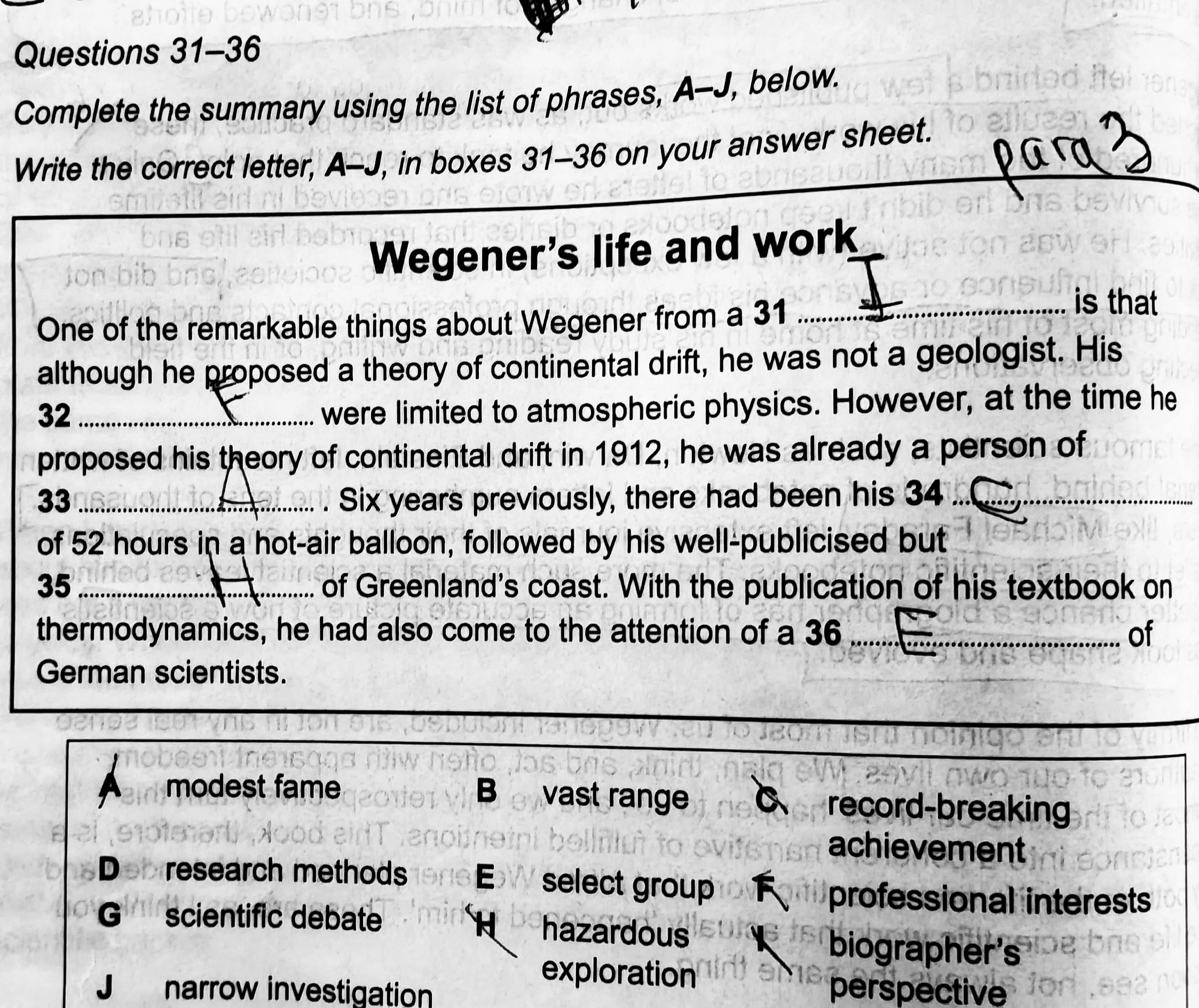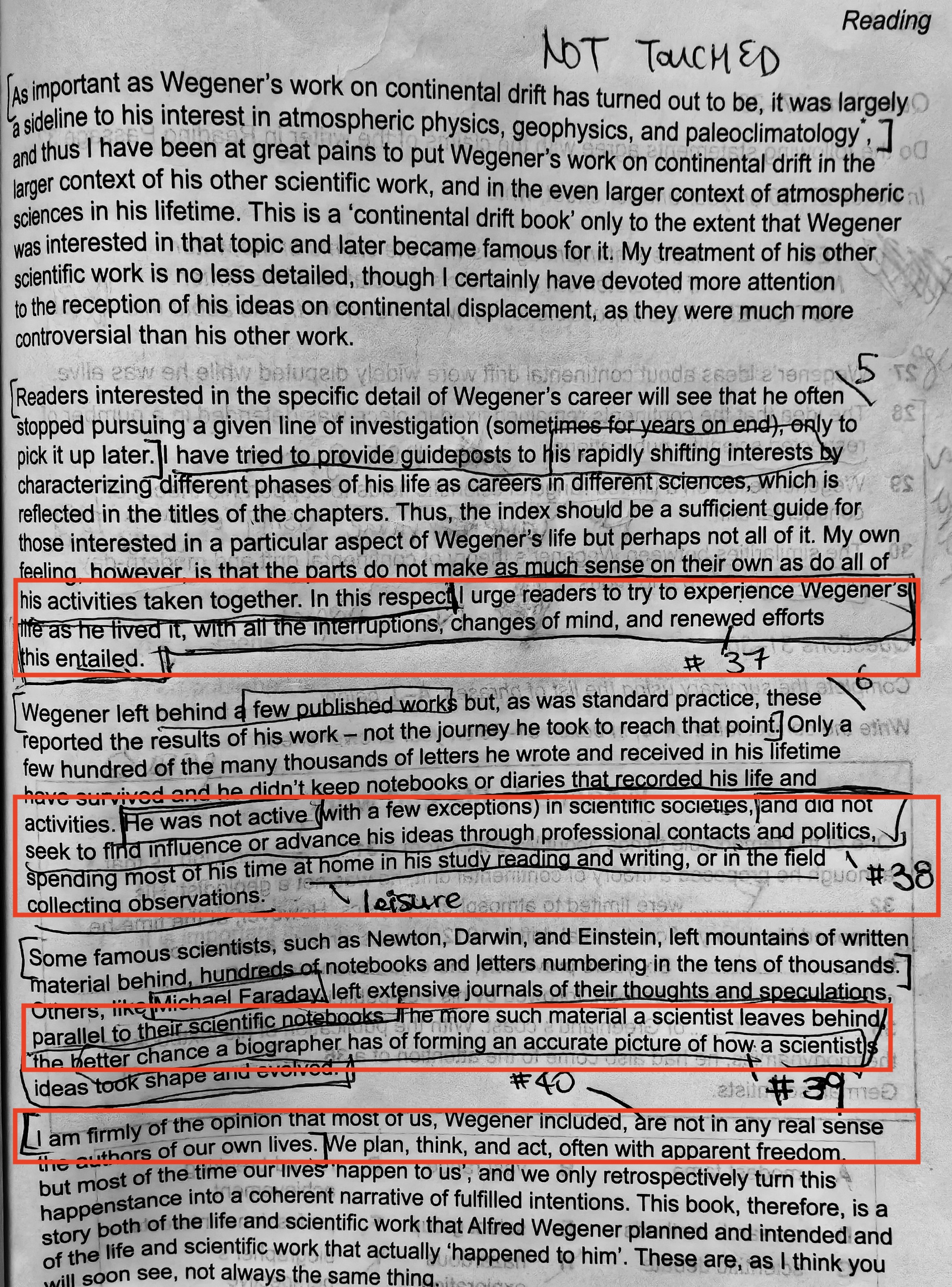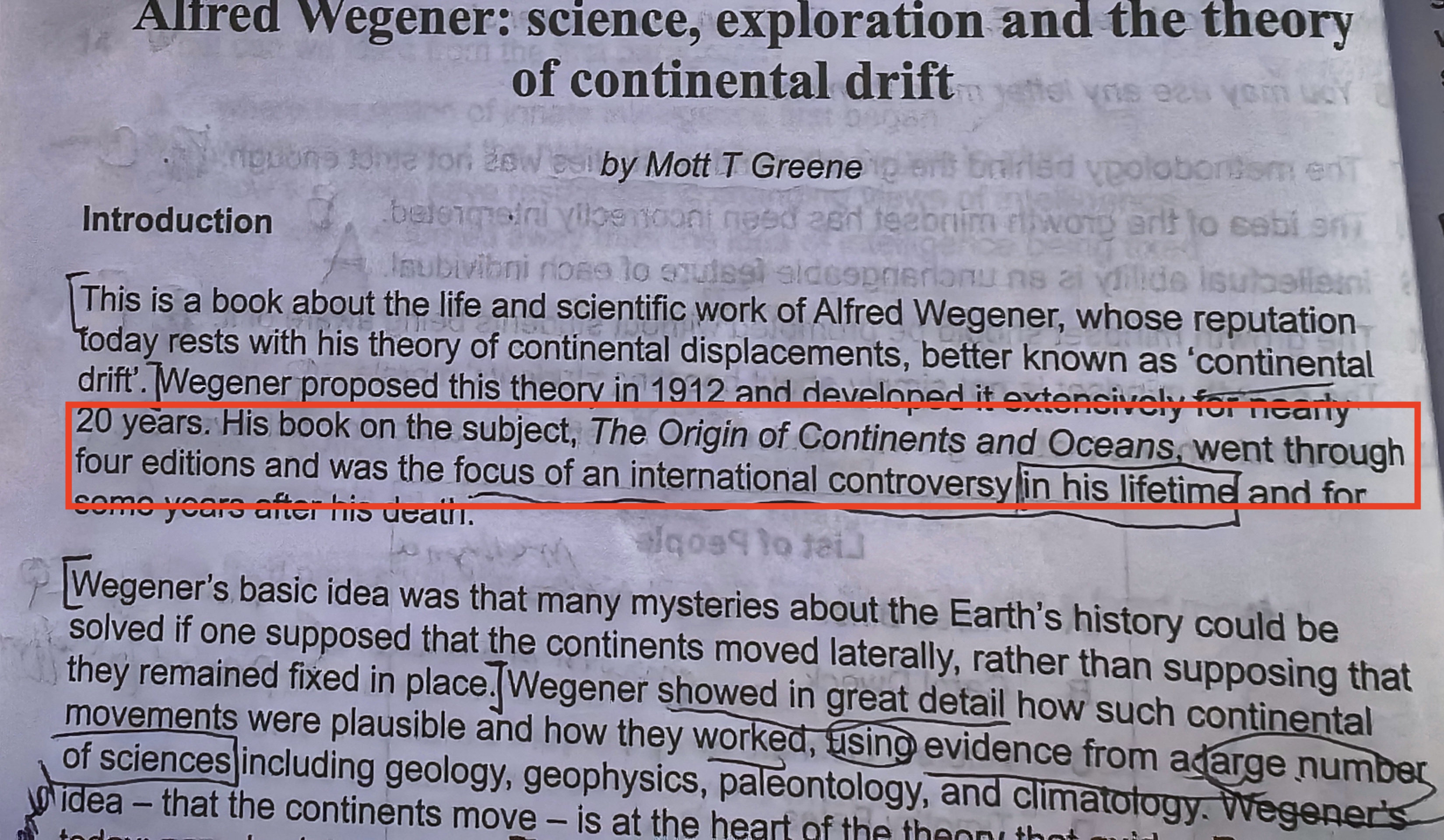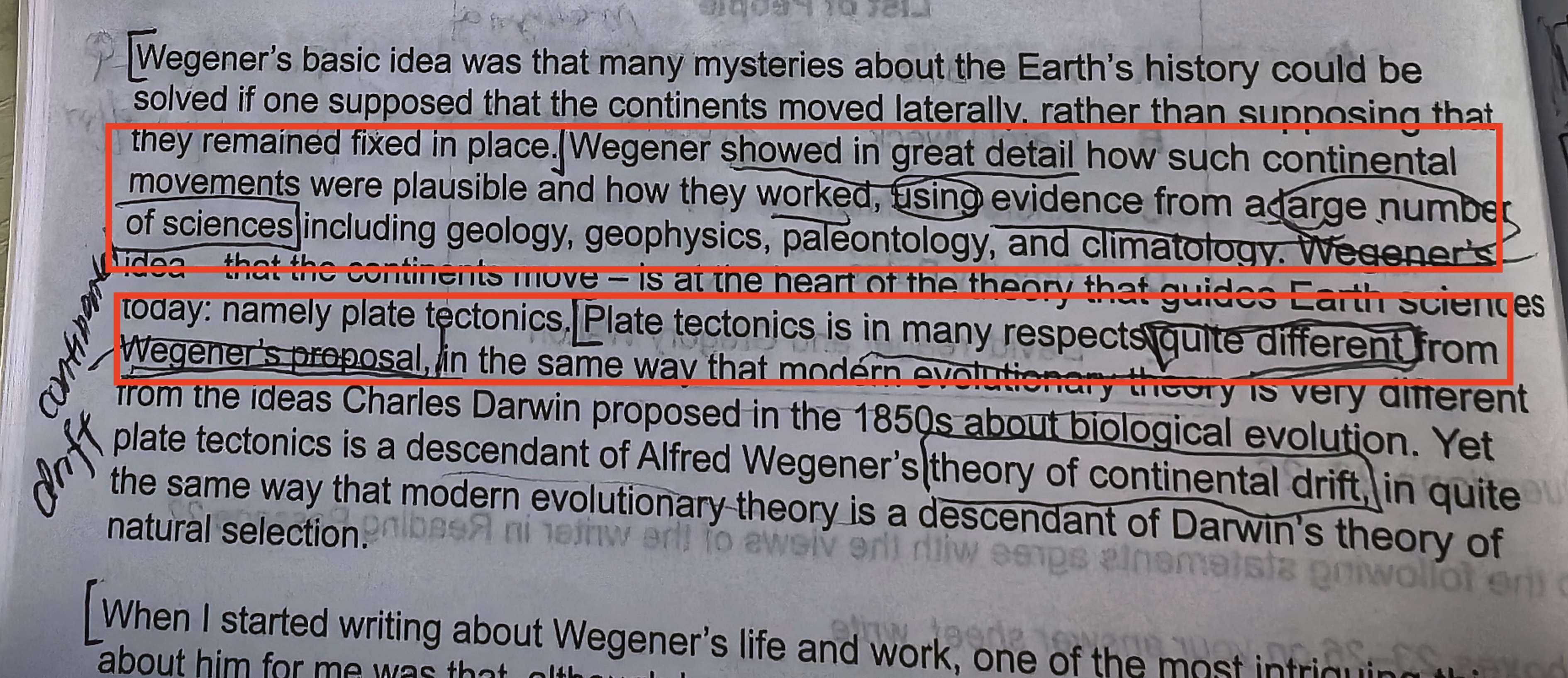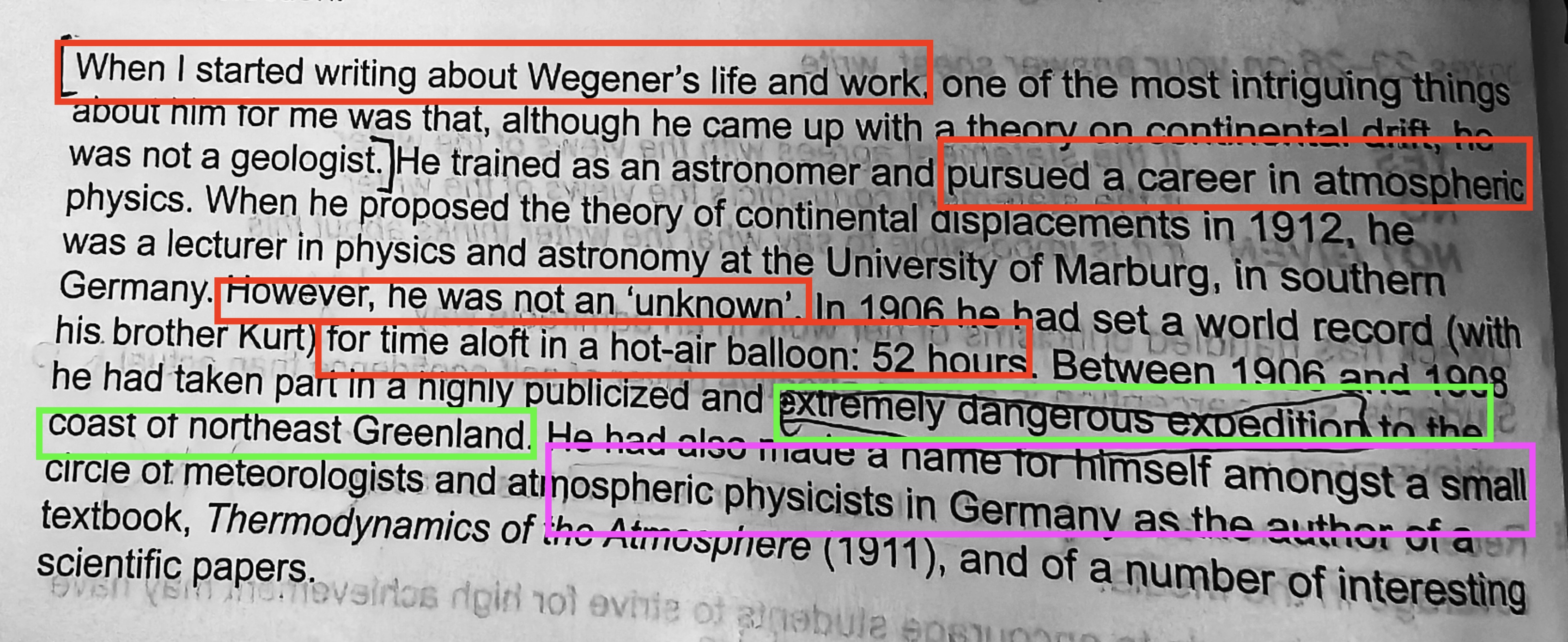Far too little has been done to prevent animals from dying out.
Analyze why
and give your suggestions as to how to solve this problem.
WHY far too little has been done to prevent animals from dying out
Our short sightedness and lack of free time is the reason why little has been done to prevent animal extinction. Thus, I propose that we need to use fear-induced media to curb shortsightedness, and birth control strategies to free people from the burdens of raising a family and give them more time.
As human development pushes animals out of their habitat, the effects cascade detrimentally. Animals die out, forests get chopped down, and species disappear forever. Unfortunately, those effects are not at our doorsteps yet so we ignore it. This is why we don’t volunteer, teach our children, or join activists to prevent animals from dying out. Another reason why so little has been done is the lack of time. The human proclivity to reproduce and modernize have resulted in more children, more cars, and more houses. This means the wage earners are shackled by the ball and chains of mortgages, car loans, and family. As a result, people have absolutely no time to help prevent animal extinction and the tragedy of this parasitic relationship continues to spiral out of control.
Fear makes people pay attention and fear-inducing media is a great way to bring the issue of animal extinction into everyone’s living rooms. Movies like Contagion, Outbreak, and Carriers were all box hits that brought terror to its audience. Endowed with great scripts and acting, these movies have shown the deadly results of displacing animals and furthering their extinction. However, a common theme missing in these movies is the connection that modernization encroach wildlife, and it unseats animal species from their natural habitats. These movies should emphasize that when displaced animals come into contact with humans, dangerous pathogens are transmitted, and that’s how pandemics start. We can also base drama series after real life situations. A perfect example would be Covid-19. With around twenty to thirty million deaths, it has ravaged the human population and a potential TV series about its impact would stir up fanfare and attention. Now, more than ever, we need to use the power of media to get people out of their seats and prevent animal extinction.
To give people more time for the environment, I propose a two pronged birth control strategy: we need to remove their innate need for procreation and then push more environmental marketing. First, governments should furtively start infertility programs aimed to stop pregnancies. A few drops of chemicals in the drinking water, and encouraging a sedentary lifestyle will do the trick. As a result, an overworked employee who is a couch potato and drinks tainted water is the prime candidate to be single for the rest of their lives. It is then the best time to use wildlife marketing and the messages will get through to them. They have no children, are educated, and can be easily influenced to do more in preventing animals from dying out.
People will only fight against animal extinction if the issue is in their face, and the challenges of pursuing higher education and having a more sedentary lifestyle can steer humanity towards more time to save animals, instead of more overpopulation. Therefore, for the sake of a pandemic free future and a cleaner world, let’s all work towards these goals to make it a better place for future generations.
